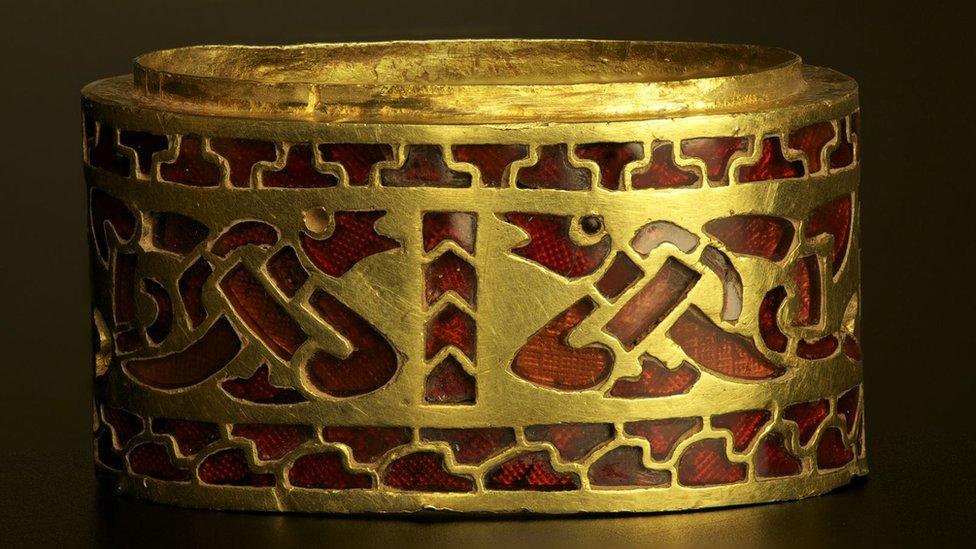Event celebrates Anglo-Saxon royal centre volunteers
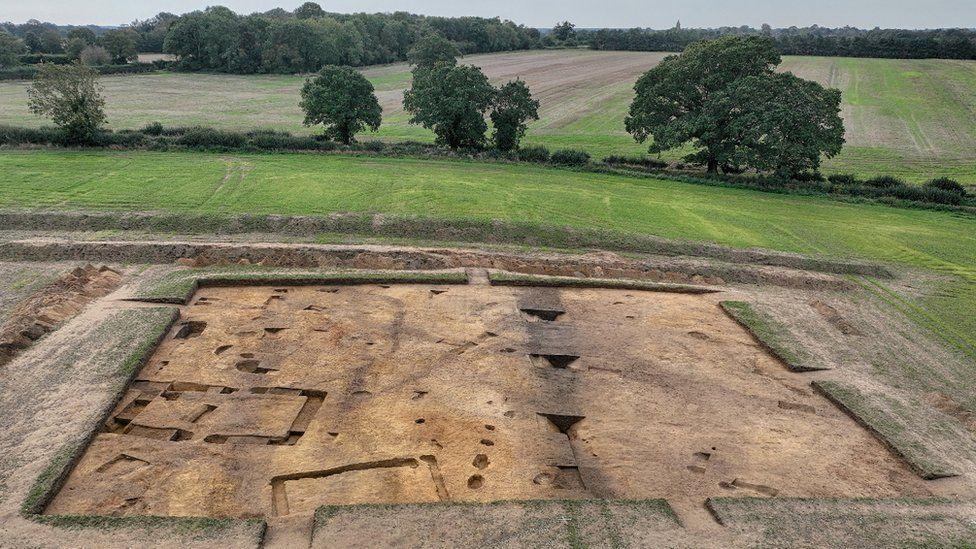
One of the most unusual finds was a possible temple - only one other Anglo-Saxon temple or cult site has previously been found in England
- Published
Anglo-Saxon finds will be going on display at an event to celebrate a community archaeology project which unearthed a royal centre of "international importance".
The royal hall of the first kings of East Anglia was discovered, alongside a possible temple, during a three-year excavation at Rendlesham in Suffolk.
Evidence suggested it was the "king's village" at "Rendlaesham", referred to by 8th Century monk-chronicler Bede which has long-intrigued historians.
Archaeologist Faye Minter said she hoped the involvement of so many residents in its discovery would increase "local people's sense of place and sense of pride in their county".
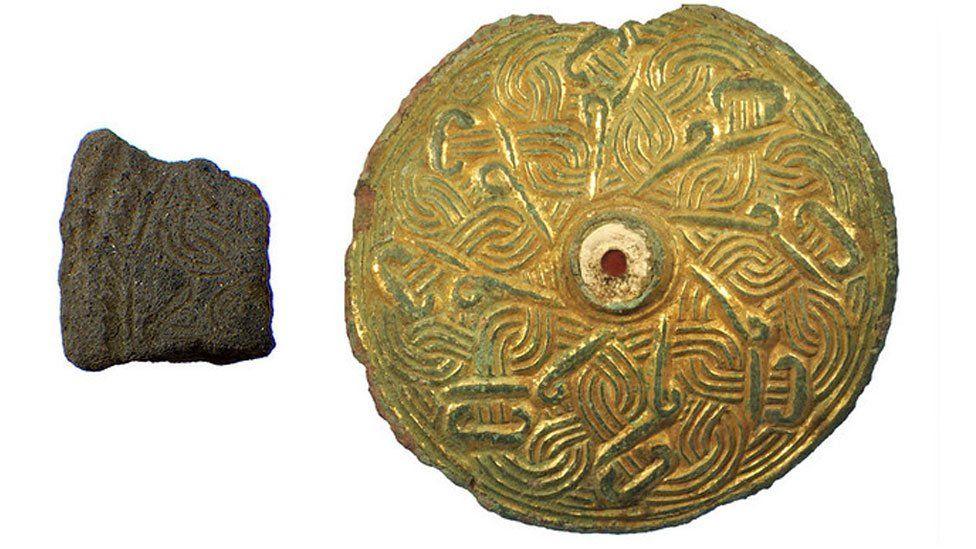
Evidence of high quality craftsmanship has been found, including a fragment of a mould (left) used for metalworking a horse harness mount
Ms Minter, Suffolk County Council’s archaeology archives and projects manager, said it was the "local people of Suffolk" who "helped unearth the Anglo-Saxon settlement at Rendlesham and revealed that it is a royal centre of the Kings of East Anglia and of international significance".
The complex was in use for 300 years from the 5th to the 8th centuries.
The excavation was run by the county council archaeological service and funded by a National Lottery Heritage Fund grant of £517,300.
It revealed information on the kings of East Anglia, who used the site periodically, and evidence of feasting was discovered as well as large halls.
Archaeologists believe about 200 people were permanently settled at Rendlesham, whereas once the king was in residence the population increased hugely.
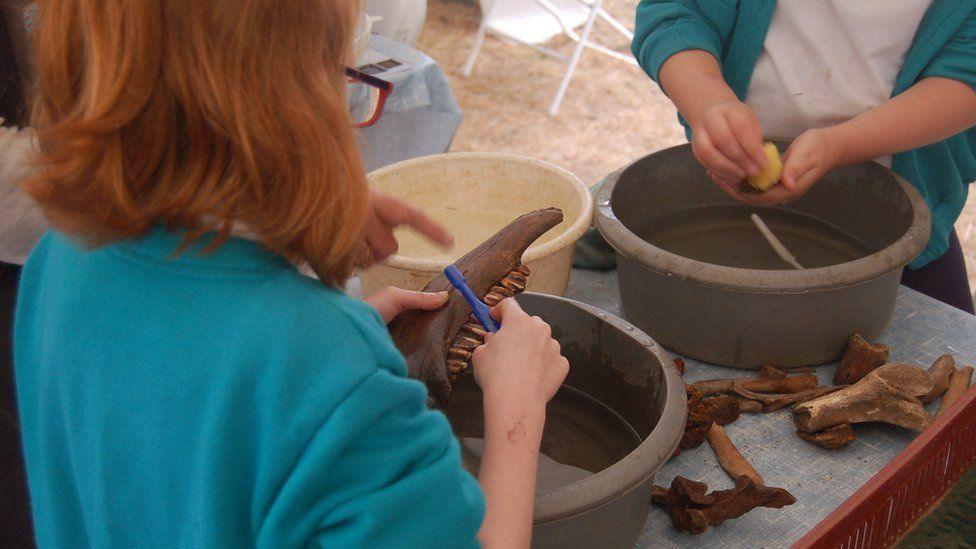
Many volunteers, including school children, were involved in the excavation from doing years of pre-dig surveying to helping wash the finds
"[The] archaeology tells us about the lives of the ordinary people that lived there; the houses they lived in, what they ate and what type of activities were happening day to day," Ms Minter said.
"Most people were farmers and there is evidence of everyday activities such as weaving as well as of specialist activities such as metal working of bronze and precious metals."
Work continues on analysing the finds.
Melanie Vigo di Gallidoro, the council's deputy cabinet member for protected landscapes and archaeology, said it provided "a wealth of new understanding to Anglo-Saxon life in East Anglia".
“But none of this would have been possible without the many volunteers from the local community who have spent hundreds of hours field-walking, excavating and cleaning finds," she said.
"This celebration event is just as much about recognising them and their incredible achievements."
Brooches, beads, spindle whorls, pottery and animal bones are just some of the items which will be on display at the free event on 16 May at the Corn Exchange, external in Ipswich.
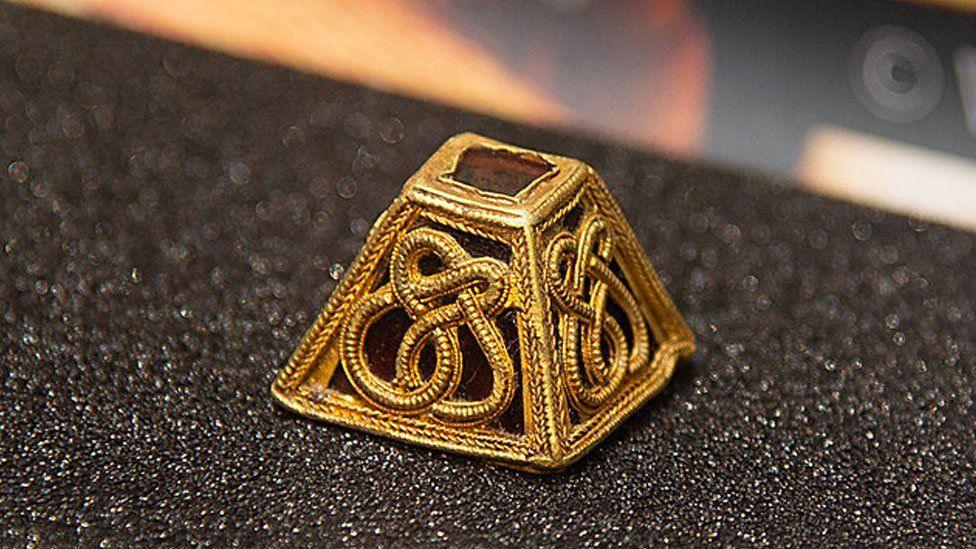
By the time the Rendlesham Revealed community archaeology project began, experts knew it was an important site thanks to extensive surveys
Follow Suffolk news on Facebook, external, Instagram, external and X, external. Got a story? Email eastofenglandnews@bbc.co.uk, external or WhatsApp us on 0800 169 1830
Related topics
- Published27 January 2024
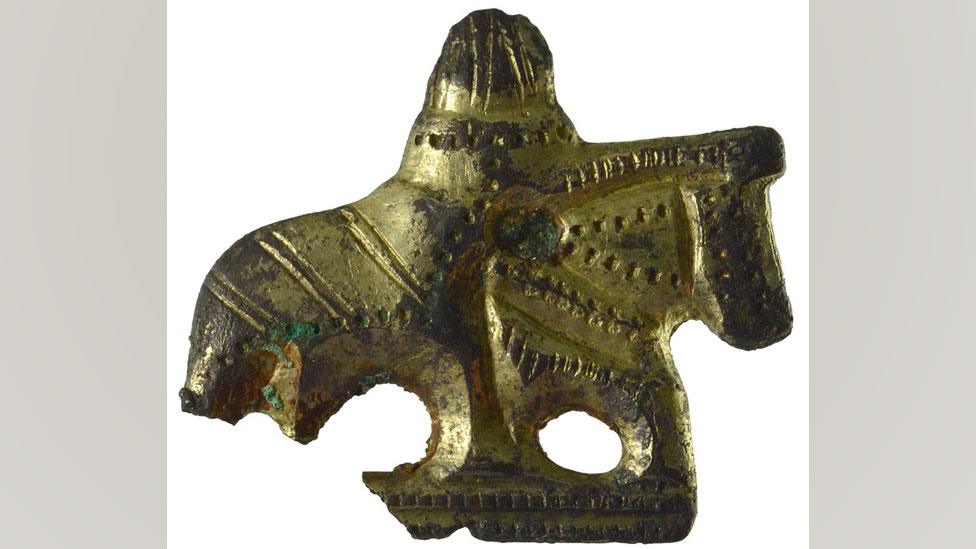
- Published3 December 2023
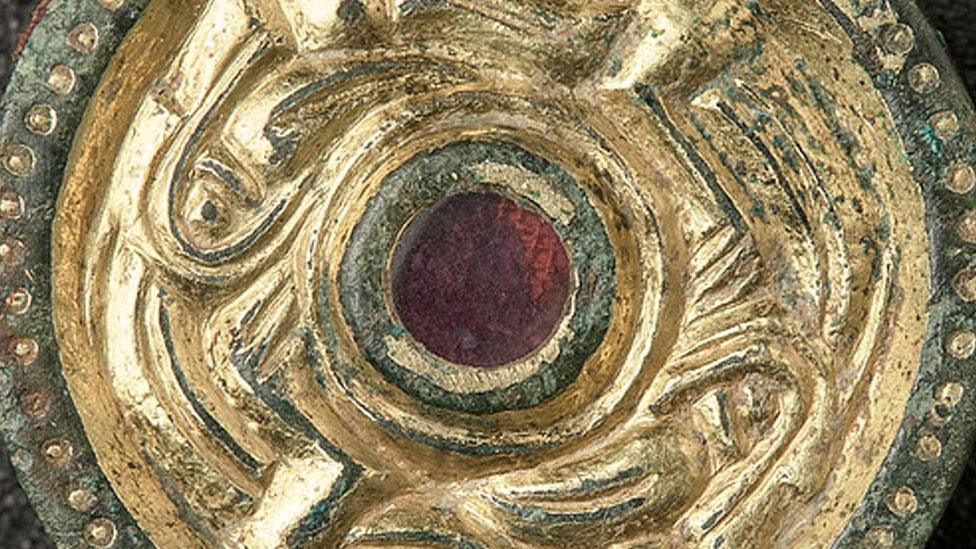
- Published19 May 2022
